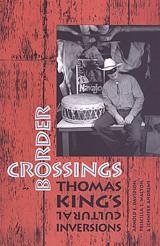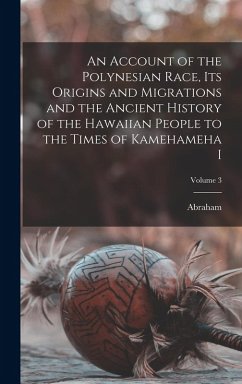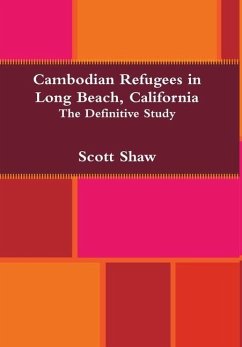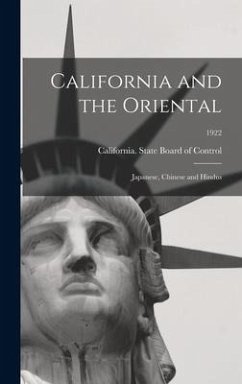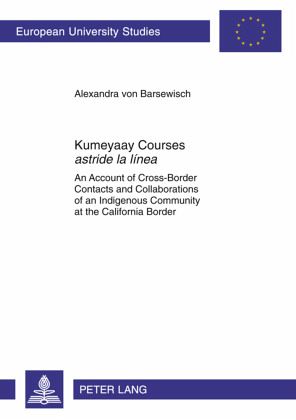
Kumeyaay Courses "astride la línea"
An Account of Cross-Border Contacts and Collaborations of an Indigenous Community at the California Border. Dissertationsschrift
Versandkostenfrei!
Versandfertig in 6-10 Tagen
50,70 €
inkl. MwSt.

PAYBACK Punkte
0 °P sammeln!
This book deals with the meaning of factual and symbolic borders and ways by which these are overcome on the basis of regular activities or in representational and political discourses. The Kumeyaay in Southern California and Northern Baja California are small in numbers but well-represented in the permanent exhibition of the National Museum of the American Indian in Washington, D.C. Next to collected objects of daily significance, they describe their border-related existence with the following words: "We gather with other Kumeyaay bands from California and Mexico to socialize, celebrate, and ...
This book deals with the meaning of factual and symbolic borders and ways by which these are overcome on the basis of regular activities or in representational and political discourses. The Kumeyaay in Southern California and Northern Baja California are small in numbers but well-represented in the permanent exhibition of the National Museum of the American Indian in Washington, D.C. Next to collected objects of daily significance, they describe their border-related existence with the following words: "We gather with other Kumeyaay bands from California and Mexico to socialize, celebrate, and share traditions. Through the bonds of singing, dancing, basket weaving, and pottery making, we are coming together and bringing down the border" (Campo curators, 2003). Next to these commonalities, though, the Kumeyaay have to cope with political and economic conditions that bring out the differences. The Kumeyaay's specific involvement in the crossroads of nationality and cultural belonging generates a view on different kinds of separation and signification within the field of identity formation and survival.








